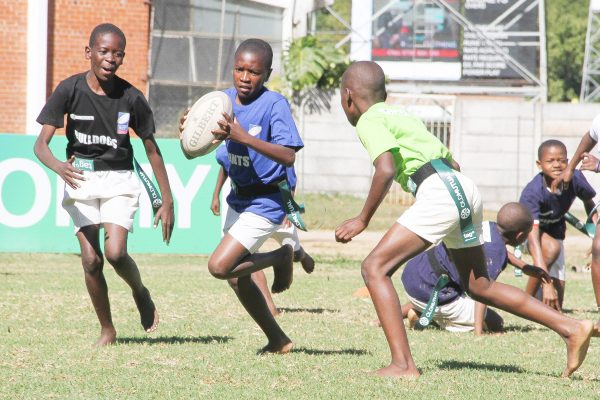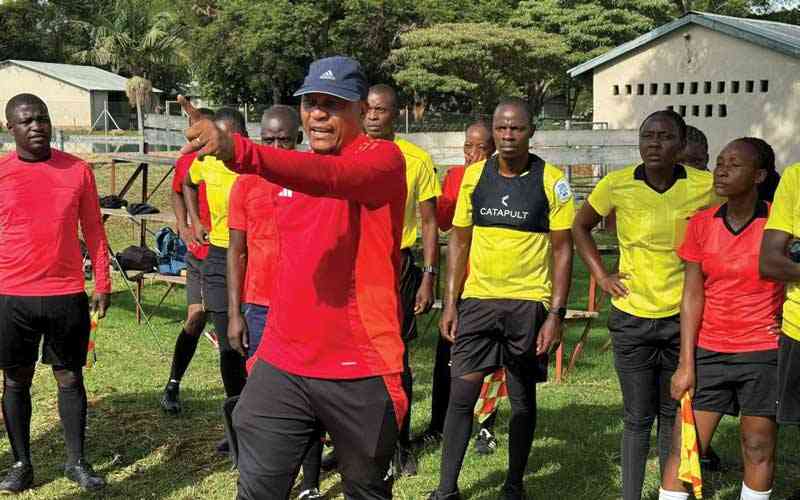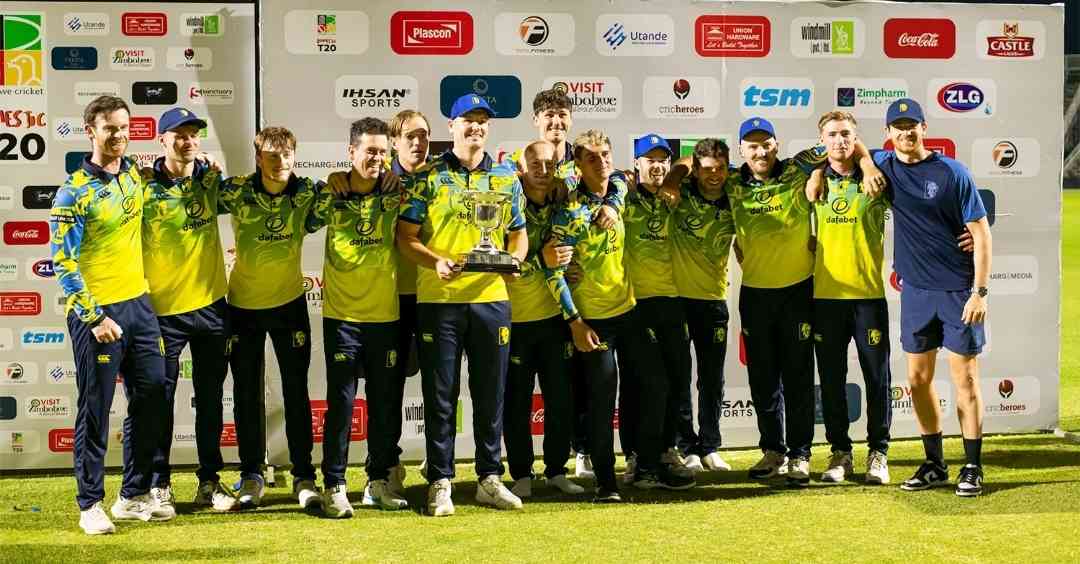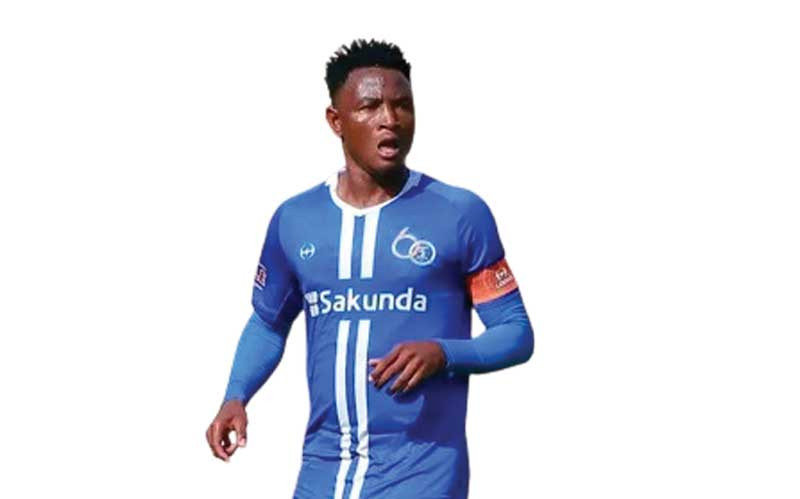
TWO school teams were battling it out in a match recently with the coaches of both teams screaming instructions from the side throughout the whole match. At the end of the match, a member of staff of one of the schools commented to the school coach (who is not a teacher nor has ever been trained in teaching children) that such screaming and shouting was actually not helpful. The retort was immediate and condescending: “Oh, you’re just old school!”
BY TIM MIDDLETON
The implication clearly was that the member of staff was old-fashioned with regard to sport to suggest that the coach should stay silent; he was out-of-date and not in sync with modern sport and all its new-found coaching trends. After all, coaches will say nowadays, look at all top sporting events around the world and witness the coach shouting from the sidelines throughout the match. “Come on, you are old school! Get with it!”
To a certain extent, the coach was right, but not in the way intended. Yes, we may be “old”, but we are definitely “school” — and sport in school is not the same as sport in the world out there. It is the coach, in fact, who needs to understand what school sport actually means, though it really is quite simple. The answer lies in the words used — “school” and “sport”! So, here is the thing that outside coaches, parents, spectators and boards may not quite have grasped, but must do so if they are to have any place in the system.
What is a school? “A school is an institution designed to provide learning spaces and learning environments for the teaching of pupils under the direction of teachers.” So school is about learning; no question there. And sport is integral to learning. The fundamental point, therefore, about school sport is that sport is there to provide learning opportunities. School sport is the school of sport.
It is about learning skills, for sure, and tactics too. But it is also, and more importantly, about learning values. It can teach massive lessons about life for our pupils which cannot be learned in the academic classroom, as reflected in a poem written in 1892 (but still relevant today) by Newbolt called Vitai Lampada (“The Torch of Life”), which describes how the memory of lessons learnt in a closely-fought cricket match at school rallied a soldier as he fought a fierce battle years later (where there was no coach on the sidelines telling him what to do). Pupils play sport to learn crucial lessons.
It needs to be clearly understood that school sport is not for the entertainment of parents, though parents and other interested parties are always very welcome to enjoy the experiences of the pupils, be they wins or losses. It needs to be clearly understood also that school sport is not for the careers of coaches, though coaches are always very welcome to enjoy the experiences of the pupils, be they wins or losses. They are there to develop the talent of individual pupils, not promote their own win-ratio. Equally, it needs to be clearly understood that school sport is not for the reputation of schools, though board members and heads are always very welcome to enjoy the experiences of the pupils, be they wins or losses. A school’s relevance, significance or success is not measured by sporting (or indeed academic) results.
School sport is not about winning matches or leagues — school sport is not the English Premier League, the Indian Premier League or the Super Bowl. It is school sport. It is about learning to win and to lose — after all, if a team only wins it is only doing half the curriculum and no parent or board would accept that.
- Chamisa under fire over US$120K donation
- Mavhunga puts DeMbare into Chibuku quarterfinals
- Pension funds bet on Cabora Bassa oilfields
- Councils defy govt fire tender directive
Keep Reading
Board members, heads, coaches, parents, staff, pupils, former pupils, all need to get with it and understand why schools play sport and how they play sport. So too do national sports associations, the Sports and Recreation Commission, the Zimbabwe Olympic Committee, organisers of national sports conventions — anyone and everyone, in fact, who is involved with sport in this country.
They all need to understand this as well as what everyone’s role in this is. It is not only the pupils who have much to learn through sport — coaches and parents, boards and sports bodies have much to learn through school sport.
We may be old school, but you may be old fool — and it is worth remembering the old saying that “there is no fool like an old fool”.
l This is the first in a series of articles about why we do sport in schools. The writer is a former international hockey player and headmaster, Tim Middleton, currently serving as the executive director of the Association of Trust Schools.











